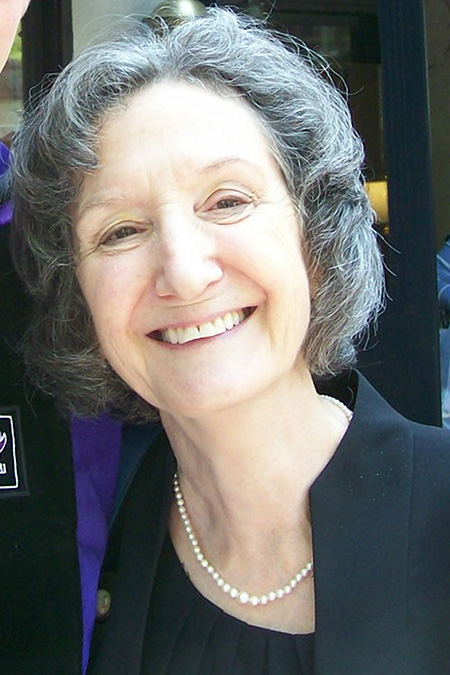Oklahoma State University English professor Dr. Elizabeth Grubgeld is one of a group of researchers from Germany and the United States who will be engaging at a seminar in Germany as part of the PathoGraphics Project, which encourages researchers to examine the intersection of medicine and humanities by analyzing the way people represent their illness and disabilities through literature and comics.
“Disability is a category of experience equal to race, gender, class, sexual orientation, and to not talk about it is to disregard a major factor that makes us who we are,” Grubgeld said.
The PathoGraphics Research Group at the Friedrich Schlegel Graduate School of Literary Studies at Freie Universität in Berlin is sponsoring the event, which takes place from Oct. 27-29, 2017 at the Berlin Museum of Medical History at the Charitê (the largest university hospital in Europe). Grubgeld was awarded a generous travel grant to present her work on British comics artist and writer Al Davison.
Davison’s most famous work is The Spiral Cage, which Grubgeld has taught many times in undergraduate and graduate courses.
“It always affects the students deeply,” Grubgeld said. “There is a direct link between this type of research and education that is very real.”
Her presentation (“Graphic Experimentation and Graphic Fevers: Al Davison’s Spina Bifida Narratives”) focuses on Davison’s ways of representing the experience of high fever and chronic pain resulting from severe spina bifida. In addition, the onset of m.e. (myalgic encephalomyelitis) caused fever so intense he would hallucinate or lose his sight – and yet he continued to draw and tell stories while in these states. In addition to creating fascinating literature, such material can be extremely useful to medical professionals.
“Graphic medicine actually began in university teaching hospitals as a way for people with illnesses to describe what they were feeling,” Grubgeld said. “It’s a remarkable fusion of sciences, humanities, and the arts.”
She also hopes more attention to the topic will help dispel reductive thinking.
“People tend to think about disability in one of two ways: it’s tragic or it’s so inspiring – and neither perspective is useful,” she said.
The seminar will bring together writers, graphic artists, and scholars. Grubgeld is particular interested in meeting Leigh Gilmore, Distinguished Professor of Women’s and Gender Studies at Wellesley College, whose work on autobiography, women’s writing, and disability has been crucial to the development of the field.
“It’s affirming, it’s energizing,” she said. “It’s why faculty members need resources to go to such meetings.”
For more on the PathoGraphics Project, see the video:

